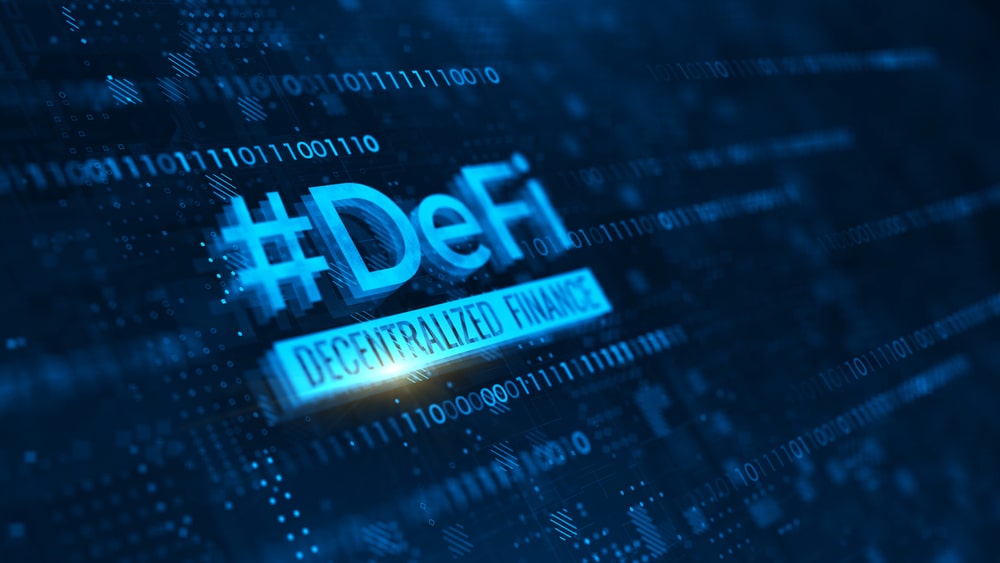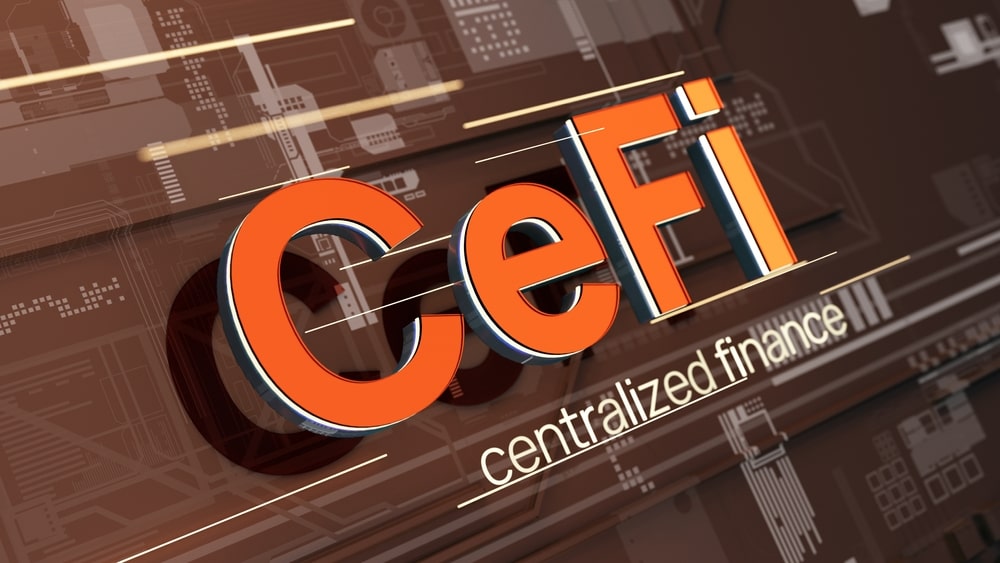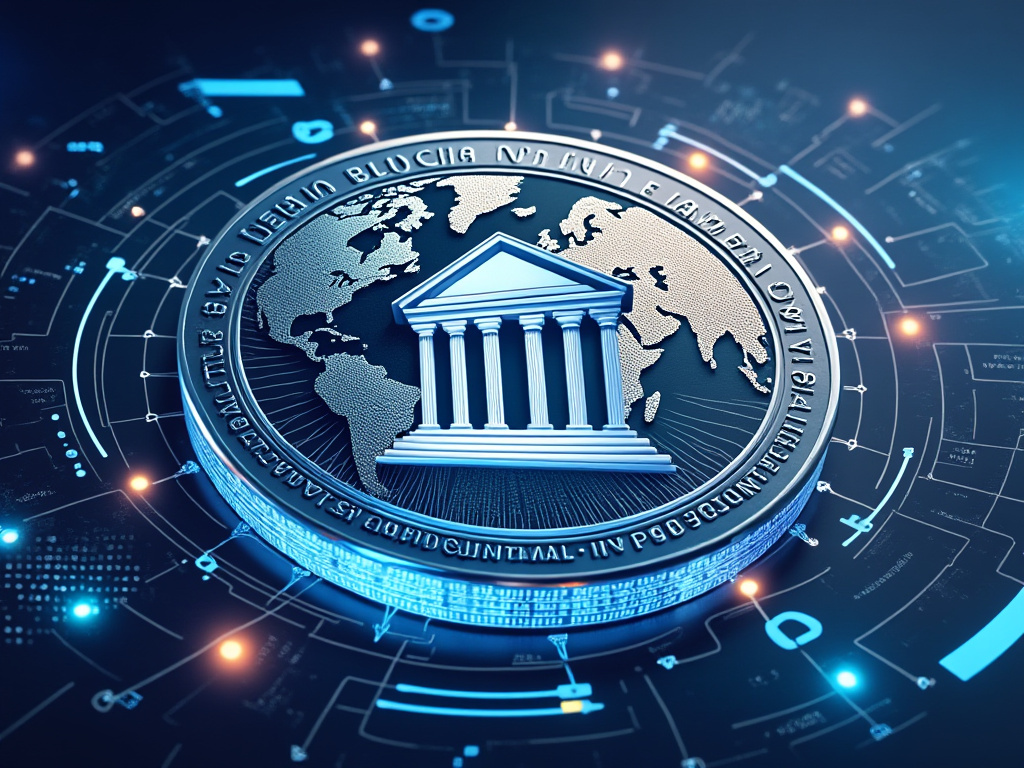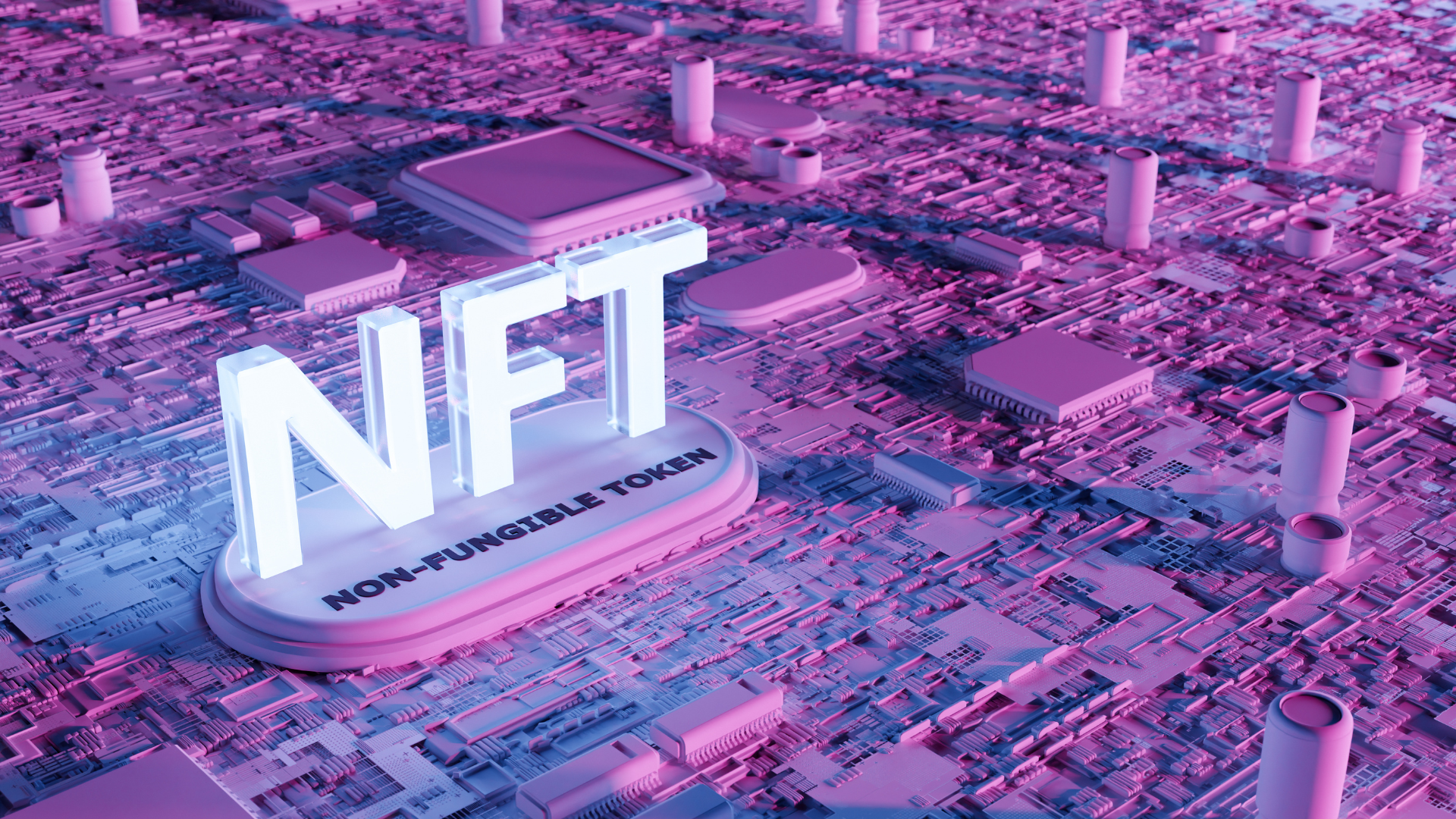Money is a type of currency that people use to buy goods and services. Money is also used as a way to measure the value of goods and services. With the advent of digital currencies, money has lost its popular meaning and is no longer the monopoly of an organization or network. The emergence of decentralized currencies has opened a new world in the economic field. To learn about the advantages and disadvantages of centralized and decentralized currency, stay with NFTBooks in this article.

Familiarity with decentralized currency
Decentralized currency is a form of digital or virtual currency that has no central issuing authority and its transactions usually use peer-to-peer technology. Decentralized currencies are usually built on blockchain technology, which gives them the same characteristics as physical cash, such as anonymity and low transaction costs.

Familiarity with centralized currency
Centralized currencies are those currencies that are controlled by a central authority. This means that the currency is not decentralized and is not backed by any physical commodity. Centralized currency has no intrinsic value and its value comes from trust in the issuer of that currency. Currencies such as the US dollar, the euro, the Canadian dollar, the Japanese yen, and the Swiss franc are examples of concentrated currencies.
Using centralized currencies has many advantages, including:
- Lower transaction fees
- More liquidity
- More stable price
Advantages and disadvantages of centralized and decentralized currency
Centralized currency is controlled by a single entity while decentralized currency is not. Anyone can create a decentralized currency and no central authority controls it. Centralized currencies are more stable because they have a fixed value and can be used as a store of value. But centralized currencies are also more vulnerable to fraud, hacking and government interference.
Decentralized currencies are less stable due to their variable value, but they cannot be manipulated or hacked like centralized currencies. Decentralized currencies also provide anonymity to the user, while centralized currencies do not provide such privilege. Centralized currency is mostly controlled by the central bank and can be used as a medium of exchange. Decentralized currencies (digital currencies) are not controlled by any single entity such as a central bank, other governments, etc.

Centralized money versus decentralized money
Decentralized money is a digital currency that is not controlled by any central government or bank and offers users privacy and anonymity. Centralized money is the opposite of decentralized money and is controlled by a central government or bank.
Advantages
- Decentralized money offers anonymity, privacy and control.
- Centralized money has lower transaction fees and faster transactions.
- Centralized money can be easily regulated and monitored in illegal activities.
- Centralized money can help reduce inflation in some countries.
Disadvantages
- Decentralized currencies are less stable than centralized currencies because they depend on the market to determine their value.
- Decentralization in decentralized currencies means that there are more risks when it comes to hacking and theft.
- Being centralized in centralized currencies means that governments and monetary authorities are more likely to be able to regulate them and prevent or offset financial losses.
Other advantages of centralized currency include the following:
- It is more stable. Because its supply is limited. There is no risk of being hacked or losing value due to theft. Because decentralized currencies are less secure than centralized currencies.
- It is easier for government or monetary authorities to regulate and prevent financial losses. Because one of the advantages of centralized currency is that it is more stable. Because its supply is limited. Since this currency is centralized, there are fewer risks in terms of hacking or even loss of value due to theft. Centralized currencies are also easier for governments to regulate, which makes them less risky.

Is the future of digital currencies bright?
Digital currency has been around for a while, but recently it has grown in popularity. The future of digital currencies seems to be bright. Because more people start investing in them. The reason is that Bitcoin has become a household name among people.
Some of the reasons for the sudden surge in interest in digital currencies include:
- The price of Bitcoin has been steadily increasing and reached an all-time high of US$66,044.77 in November 2021.
- Bitcoin is considered a safe asset by some investors. Because it was never affected by the global financial crisis of 2008.
- It’s easy to buy bitcoins through exchanges like Coinbase or Gemini.
- Some countries such as Japan, Germany and France have recognized Bitcoin as a legal payment method. This is expected to increase the demand for digital currencies.
- Thanks to the internet, people are becoming more aware of how digital currencies work.
- Digital currency allows people to be their own bank. All they need is an internet connection to buy and sell their coins online whenever they want. This process gives people the opportunity to earn passive income while doing what they love.
- Digital currency can be used in many industries such as trading, gambling, investment, manufacturing, buying or selling NFTs like NFT books on a decentralized library, etc. The possibilities are endless. Even governments have entered this arena, as digital currencies can ensure the security of financial transactions with greater efficiency and transparency.
Conclusion
In this article, we discussed the advantages and disadvantages of centralized and decentralized currency. Centralized currency is more stable and because it is under the control of a central institution, the risk of theft and hacking is less. But decentralized currency guarantees user anonymity and privacy, but has less value stability. On the other hand, the applications of decentralized currencies are expanding and many crypto enthusiasts have been added in recent years.
Which one do you choose? Centralized or decentralized currency? What is the reason for this choice? Can centralized and decentralized currencies be compared to each other? Share your thoughts with us.







